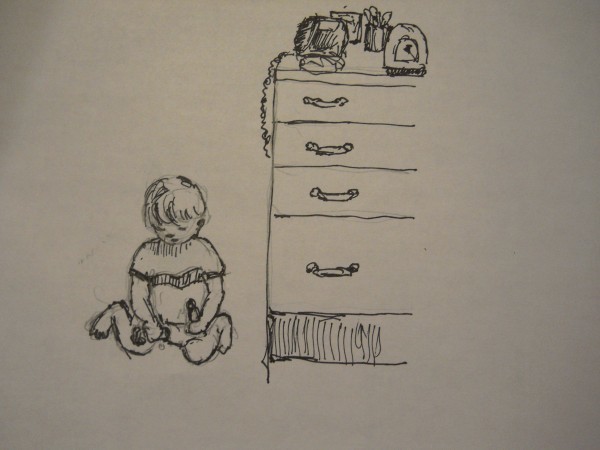So those two stories in
Consolation Stories that I mentioned last entry--I think I’m going to write about them one at a time. Today will “This Is New Gehesran Calling,” by Rebecca Fraimow (on here as
![[personal profile]](https://www.dreamwidth.org/img/silk/identity/user.png) skygiants
skygiants, though I have had the hardest time linking that name and her author name in my head).
I *loved* this story. I was so absorbed by every detail of it—it was truly wonderful, and perfect for the anthology. It’s about a pirate radio broadcast to a very far-flung set of refugees, and how the broadcast touches their lives—and the story manages to do that and show that so economically and yet without stinting at all—it’s so rich—and yet you can follow everything.
It starts like this:
There wasn't a New Gehesran anymore. Three years ago, the renaming had become official, in a municipal whirlwind of new-printed signage and digital batch-edits, but the people who'd packed themselves into refugee ships when the final city domes fell knew that New Gehesran had ceased to exist well before that.
Okay. Situation established. From there we go to an “intrasolar doublewide unit”—the spacefaring equivalent of a refugee tent, “barely bigger than a six-stall barn.” This one is housing two adolescents, two parents, and the sister of one of the parents. Tir, one of the adolescents, is playing with the radio dial:
“and here were the words, crackling but clearly distinguishable: ‘This is New Gehesran calling.’
The voice was jazzy, smooth, evenly paced – just like any other broadcaster on air, just as if they weren't calling up a ghost. ‘This is New Gehesran calling, so don't change the channel, because we're bringing you the freshest tunes, hottest issues, furious debates, plus! Special tonight! Did you lose track of someone during evac? Make sure not to miss our twelve-step guide to short-cut you through your search –‘”
Tir and Suki figure out the broadcast pattern, and soon the whole family is listening to these voices recalling a time when there
was a New Gehesran.
Then the story shifts to the broadcasters, so we get to see what they’re like, and then to other listeners elsewhere, each shift making connections to earlier sections as the pirate broadcast brings the refugees themselves closer to one another. You feel like you, too, are among the listeners. You’re connected too.
Really I want to take you through it scene by scene—this is like when you buy someone the perfect present and you’re so excited about it that you want to open it for them—but *possibly* you would like an un-Asakiyume-mediated experience, so I'll exercise great restraint.
I’ll just say that there’s a scene where the broadcasters have brought together a group of elders to talk about making a traditional treat, poracake, and OMG, if you’ve ever been around people arguing about the authentic way to make something, acceptable substitutions (if any!), you will recognize the perfection of this scene.
And the ramification of that broadcast segment are delicious and heartwarming—truly a perfect consolation story.
(It might be a good time to mention again that the anthology is raising money for a COVID-19 appeal being run by a UK charity that supports the University College London Hospitals NHS Trust. The editor says, “It supports patients, families and frontline workers, as well as providing funding for new facilities and for research.” If you’re interested in buying it, the links can be found
here.)



